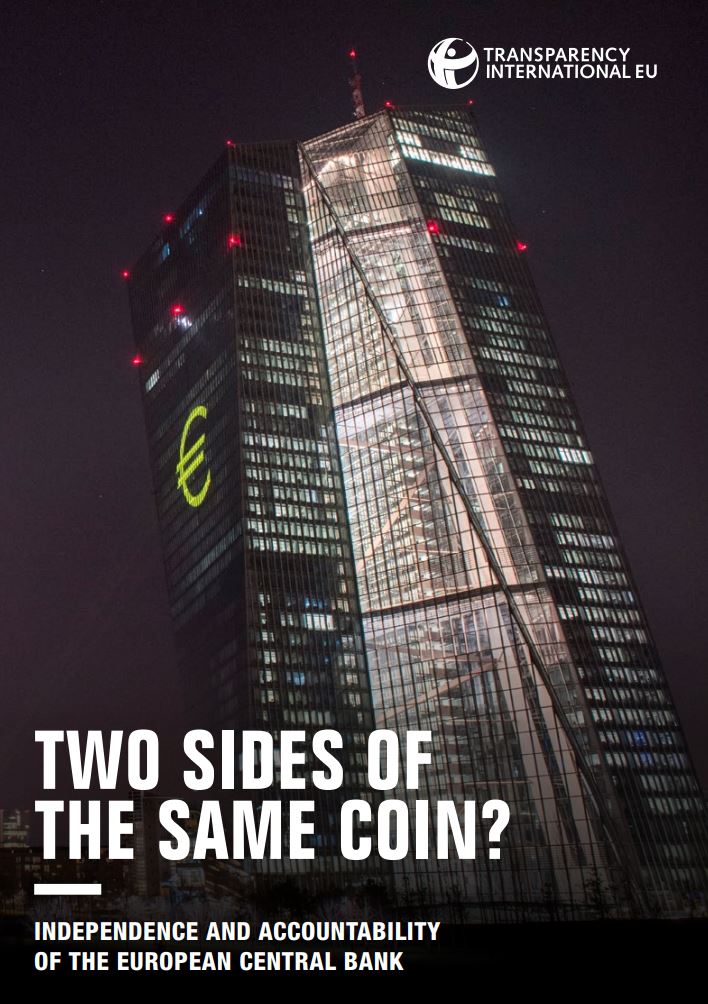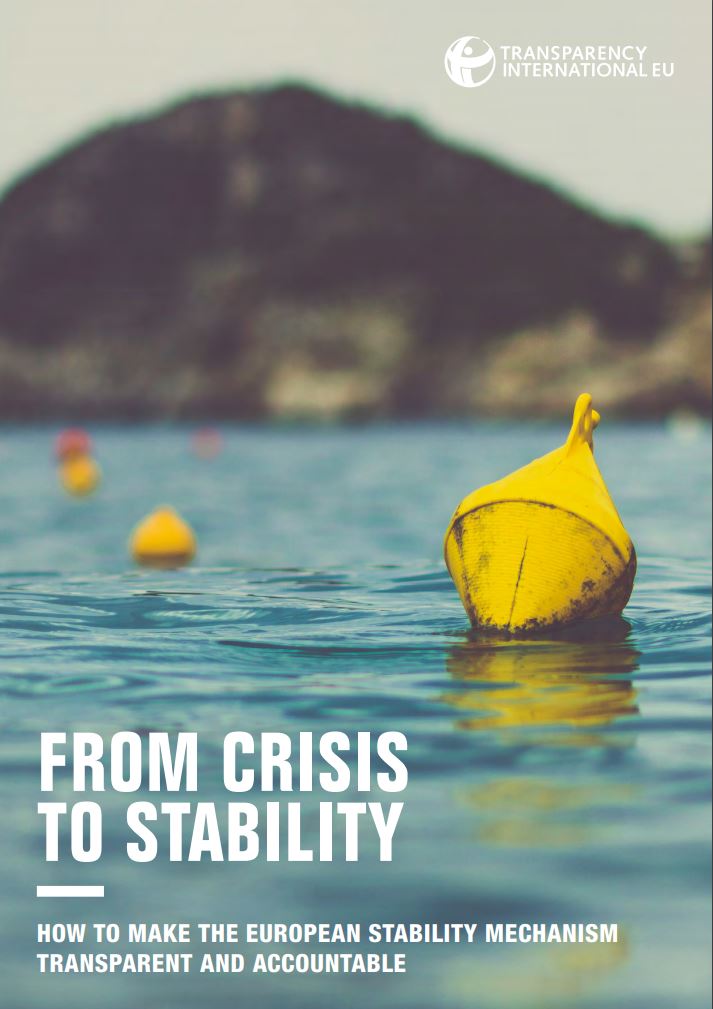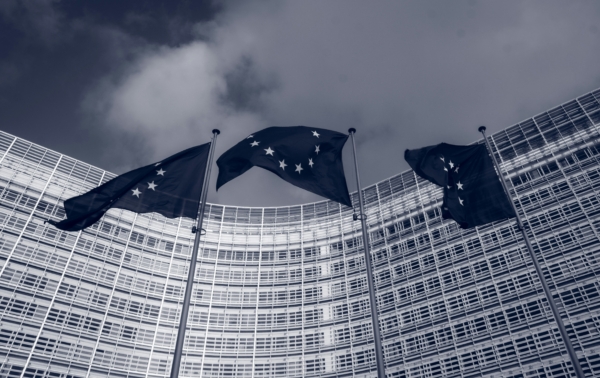Eurozone governance was reinvented in the midst of the euro crisis. To assess how well the new structures and institutions perform in terms of transparency, accountability, democratic legitimacy and integrity, we prepared in-depth studies of the main institutions involved.
Each report was reviewed by the institution concerned, giving them the opportunity to correct any errors . The studies also underwent scrutiny by a senior advisory group, and led to a series of reforms by the institutions targeted in accordance with our policy recommendations.
The Eurogroup
Vanishing Act: The Eurogroup’s Accountability
Who governs the euro area? The informal nature of the Eurogroup and the limited transparency of its decision making makes this a difficult question to answer. Yet knowing who is in charge is the very prerequisite of democratic accountability. As things stand, the Eurogroup as such is not answerable to anyone: ministers are individually responsible to national parliaments. We show this decentralised accountability to be insufficient.
European Central Bank (ECB)
Two sides of the same coin? Independence and accountability of the ECB
This study looks into the fine balance between the ECB’s vastly expanded mandate, its unrivaled independence, and its democratic accountability. It analyses the transparency provisions, which may compensate a lack of democratic control, and the ECB’s integrity framework, making far-reaching recommendations.
European Stability Mechanism (ESM)
From crisis to stability: How to make the ESM transparent and accountable
Our study of the governance and accountability of the ESM provides the first comprehensive analysis of the newest European economic governance institution, and makes a number of concrete recommendations. To make the ESM accountable, more transparency is in order, about where decisions are taken and who calls the shots. Is it the ESM, the Eurogroup, the Commission, or a coalition of Member States?
European Investment bank (EIB)
Investing in Integrity? Transparency and democratic accountability of the EIB
The study on the EIB takes a closer look at “the EU’s bank” and the Juncker investment fund it administers, giving an overview of the EIB’s independence, transparency, integrity and accountability, looking at both the legal provisions and their practical application. It makes a number of concrete policy recommendations to improve the EIB’s governance and accountability.











